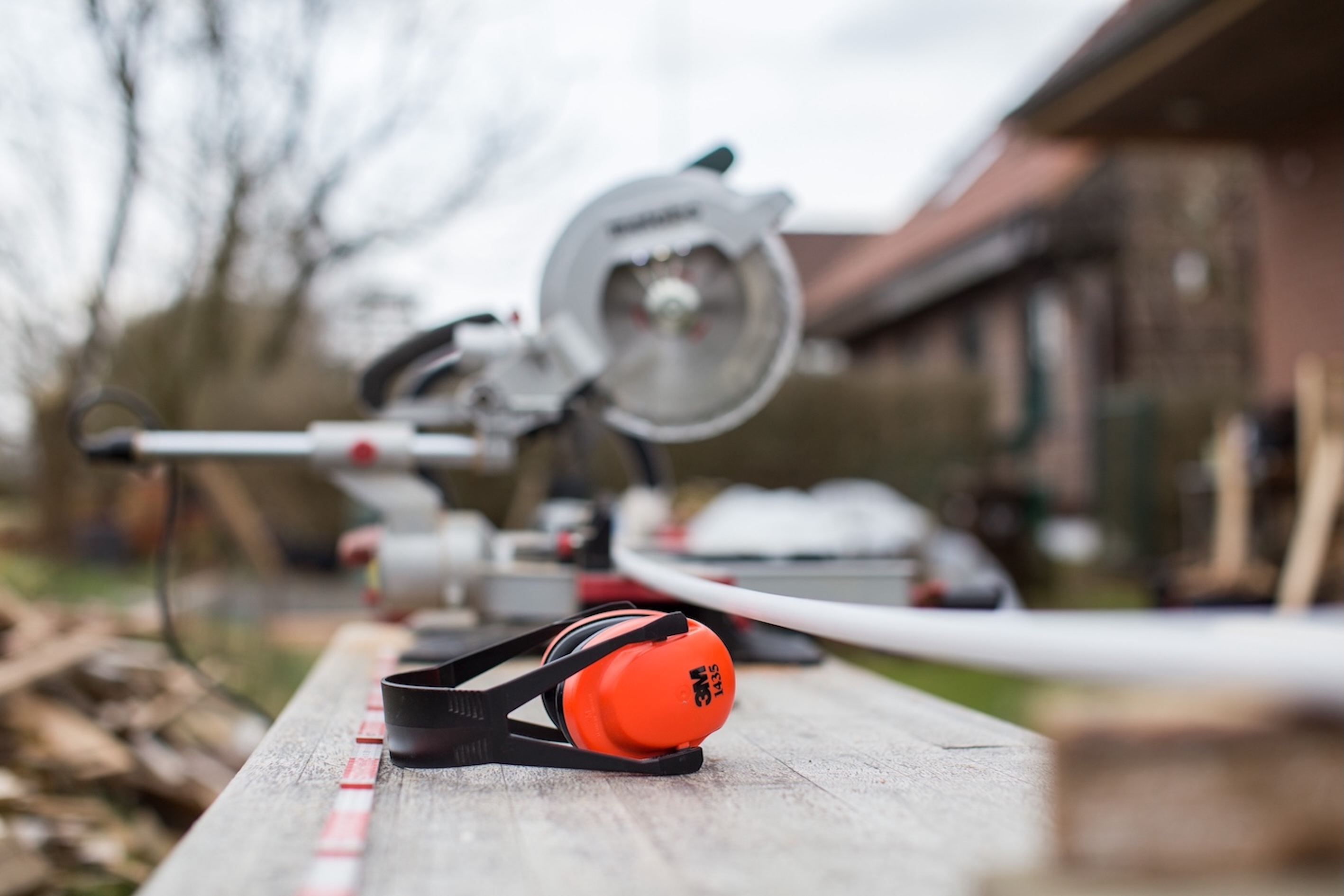The construction industry has historically been perceived as a male-dominated field. However, the landscape is changing, with an increasing number of women making significant strides in various roles within this sector. From engineers to project managers, women are not only participating but also leading initiatives that challenge the status quo. This article explores the contributions of women in the construction business in the UK, the challenges they face, and strategies to create a more inclusive environment.
The Rise of Women in Construction
Historical Context
Traditionally, women have been underrepresented in the UK construction industry, often confined to support roles or excluded altogether. However, recent decades have seen a shift in societal attitudes towards gender roles, leading to increased participation of women in traditionally male-dominated fields, including construction.
Current Statistics
According to the Office for National Statistics (ONS), women currently make up around 14% of the construction workforce in the UK. While this figure is still low compared to other sectors, it is steadily increasing. The number of women in construction management roles has grown significantly, with reports indicating a rise of over 25% in the last decade. This positive trend reflects a growing recognition of the value women bring to the industry.
Contributions of Women in Construction
Diverse Roles
Women are excelling in various capacities within the construction industry. Some of the most popular trades and roles women tend to choose include:
-
Project Management: Female project managers are known for their exceptional organisational skills and ability to foster collaboration among diverse teams. They often bring a unique perspective that enhances project outcomes, ensuring projects are delivered on time and within budget.
-
Engineering and Design: Women engineers contribute innovative design solutions and sustainable practices, addressing modern construction challenges. Female architects, for example, have been pivotal in designing energy-efficient buildings and urban spaces.
-
Skilled Trades: Women are increasingly pursuing careers in skilled trades such as plumbing, electrical work, and carpentry. Programme initiatives like "Women in Construction" and "Women in the Trades" are empowering women to gain hands-on skills, challenging stereotypes about gender roles in manual labour.
-
Quantity Surveying: This role involves managing the costs of construction projects, and it has seen a growing number of women entering the profession. Female quantity surveyors play a crucial role in budgeting and ensuring financial efficiency on projects.
Leadership and Advocacy
Women in leadership positions are advocating for inclusivity and diversity in the construction industry. Organisations such as Women in Property and the National Association of Women in Construction (NAWIC) are working to create networks, provide mentorship, and promote policies that support women in construction. These organisations help to elevate women's voices and influence industry standards.
Challenges Faced by Women
Despite the progress, women in construction still encounter several challenges:
Gender Bias and Stereotypes
Women often face scepticism regarding their capabilities in a male-dominated environment. This bias can manifest in various ways, from being overlooked for promotions to receiving less respect on job sites. Overcoming these stereotypes requires continual education and awareness within the industry.
Work-Life Balance
The construction industry is notorious for its demanding hours and physically intensive work. Women, who often juggle family responsibilities alongside their careers, may find it challenging to maintain a work-life balance in this environment. Flexible working arrangements can help mitigate this issue.
Lack of Mentorship and Networking Opportunities
While there are organisations supporting women in construction, many women still lack access to mentorship programmes and networking opportunities that could help them advance in their careers. Building a robust support network is essential for professional growth.
Strategies for Inclusion
To foster a more inclusive construction industry, several strategies can be implemented:
Mentorship Programmes
Encouraging mentorship programmes that connect experienced professionals with newcomers can help women navigate their careers and build valuable connections. These programmes can provide guidance and support, making a significant difference in career progression.
Training and Development
Companies should invest in training programmes aimed at women in construction, focusing on skills development, leadership training, and safety protocols. These initiatives can empower women to take on more significant roles within their organisations and boost their confidence.
Flexible Work Arrangements
Employers can adopt flexible work arrangements to accommodate the needs of women, particularly those with family responsibilities. This could include remote work options or flexible hours that allow for better work-life balance.
Promoting Awareness and Advocacy
Raising awareness about the importance of gender diversity in the construction industry is essential. Companies can engage in advocacy efforts, participate in community outreach, and support initiatives that promote women in trades. Public campaigns and workshops can help challenge stereotypes and encourage more women to consider careers in construction.
Conclusion
Women in the construction business are making remarkable contributions that are reshaping the industry. While challenges persist, the increasing presence of women in various roles signifies a positive shift towards a more inclusive environment. By implementing supportive strategies and fostering a culture of equality, the construction industry can benefit from the diverse perspectives and innovative solutions that women bring, ultimately leading to
make it look like a professional article
Women in the Construction Business: Breaking Barriers and Building Futures
Introduction
The construction industry has historically been perceived as a male-dominated field, but recent years have witnessed a significant transformation. An increasing number of women are making substantial strides in various roles within this sector, from engineers to project managers. This article delves into the contributions of women in construction in the UK, explores the challenges they face, and outlines strategies to foster a more inclusive environment.
The Rise of Women in Construction
Historical Context
For decades, women have been underrepresented in the UK construction industry, often relegated to support roles or excluded from key positions. However, a societal shift towards gender equality has encouraged greater participation of women in roles traditionally dominated by men, including construction.
Current Statistics
According to the Office for National Statistics (ONS), women currently constitute approximately 14% of the construction workforce in the UK. While this percentage remains lower than in many other sectors, it is steadily increasing. Notably, the number of women occupying construction management roles has surged by over 25% in the past decade, highlighting a positive trend towards gender diversity in leadership positions.
Contributions of Women in Construction
Diverse Roles
Women are excelling in several roles within the construction industry. Some of the most popular trades and positions that women tend to choose include:
-
Project Management: Female project managers are recognised for their exceptional organisational skills and ability to foster collaboration among diverse teams. Their unique perspectives often enhance project outcomes, ensuring timely delivery and adherence to budgets.
-
Engineering and Design: Women engineers are driving innovation in design solutions and sustainable practices, effectively addressing contemporary construction challenges. Female architects, for instance, have been instrumental in creating energy-efficient buildings and urban developments.
-
Skilled Trades: A growing number of women are pursuing careers in skilled trades such as plumbing, electrical work, and carpentry. Initiatives like "Women in Construction" and "Women in the Trades" are empowering women to acquire hands-on skills, challenging traditional stereotypes about gender roles in manual labour.
-
Quantity Surveying: This role, which involves managing the financial aspects of construction projects, has seen an influx of women. Female quantity surveyors play a vital role in ensuring cost efficiency and budget adherence.
Leadership and Advocacy
Women in leadership positions are championing inclusivity and diversity within the construction industry. Organisations such as Women in Property and the National Association of Women in Construction (NAWIC) are pivotal in creating networks, providing mentorship, and promoting policies that support women in construction. These organisations amplify women's voices and influence industry practices.
Challenges Faced by Women
Despite the progress made, women in construction continue to encounter several challenges:
Gender Bias and Stereotypes
Women often face scepticism regarding their capabilities in a predominantly male environment. This bias can manifest in various ways, including being overlooked for promotions or receiving less respect on job sites. Overcoming these stereotypes requires continuous education and awareness within the industry.
Work-Life Balance
The construction industry is notorious for demanding hours and physically intensive work. Women, who frequently juggle family responsibilities alongside their careers, may struggle to maintain a healthy work-life balance. Implementing flexible working arrangements can help alleviate this challenge.
Lack of Mentorship and Networking Opportunities
Although organisations exist to support women in construction, many still lack access to mentorship programmes and networking opportunities essential for career advancement. Establishing a robust support network is crucial for professional growth.
Strategies for Inclusion
To cultivate a more inclusive construction industry, several strategies can be implemented:
Mentorship Programmes
Encouraging mentorship programmes that connect experienced professionals with newcomers can help women navigate their careers and build valuable connections. These programmes provide guidance and support, significantly impacting career progression.
Training and Development
Investing in training programmes designed for women in construction is vital. Focusing on skills development, leadership training, and safety protocols can empower women to assume more significant roles within their organisations and boost their confidence.
Flexible Work Arrangements
Employers should consider adopting flexible work arrangements to accommodate the needs of women, particularly those with family responsibilities. This may include remote work options or flexible hours that facilitate a better work-life balance.
Promoting Awareness and Advocacy
Raising awareness about the importance of gender diversity in the construction industry is essential. Companies can engage in advocacy efforts, participate in community outreach, and support initiatives that promote women in trades. Public campaigns and workshops can help challenge stereotypes and encourage more women to consider careers in construction.
Women in the construction business are making remarkable contributions that are reshaping the industry. While challenges persist, the increasing presence of women in various roles signifies a positive shift toward a more inclusive environment. By implementing supportive strategies and fostering a culture of equality, the construction industry can benefit from the diverse perspectives and innovative solutions that women bring, ultimately leading to better project outcomes and a more robust workforce.



